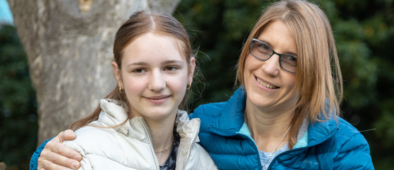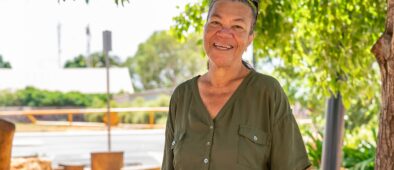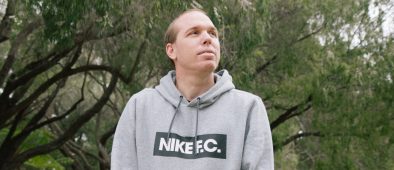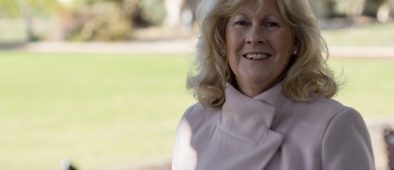A new community service restoring sight and hope
In 2022, Associate Professor Hessom Razavi launched a new Lions Eye Institute community service called Lions InReach Vision to support asylum seekers, refugees and Aboriginal people to receive critical sight saving surgery.
Access to public ophthalmology services for these vulnerable groups is limited by prolonged wait times, cultural, linguistic and geographical barriers. The new service uses a collaborative care model with The University of Western Australia’s optometry students. The model features an ophthalmologist, optometrist and ophthalmology registrar working together to offer a comprehensive service, including refraction, outpatient sub-specialist treatments and surgeries.
From personal experience to advocacy
The inspiration for Lions InReach Vision came in part from Associate Professor Hessom Razavi’s own refugee background and in part from his visits to offshore asylum seeker camps. “In 2015 and 2016, I visited the offshore camps in Manus Island and Nauru as a visiting ophthalmologist,” said Associate Professor Razavi. “That experience exposed me to refugee eye health and enlightened me to the plight of people who have received limited access to eye health treatment over prolonged periods of time.”
“My previous work had focused a lot on Indigenous eye health, where there is a real gap in eye health between Indigenous and non-Indigenous people. My experience at offshore camps highlighted to me another group of people with particular needs and vulnerabilities where there is a bit of a ‘blind spot’ in Australia in terms of access to treatment,” said Associate Professor Razavi.
Following advocacy work from Associate Professor Razavi, the Royal Australian and New Zealand College of Ophthalmologists (RANZCO) formalised its position on refugee eye health in March 2022. The position statement included there being a need for equitable access for refugees and asylum seekers to optometry and ophthalmology services and recommended that all refugees and asylum seekers should be offered a free and voluntary comprehensive eye health assessment, including documentation of ocular conditions, symptoms and visual acuity measurement.
At the time that RANZCO’s position statement was published, the only known organisations providing specific eye health services to refugees and asylum seekers were the Victorian Eyecare Service provided by the Australian College of Optometry, and the Refugee Health Service in South Australia. To our knowledge, Lions InReach Vision is the first service of its kind in Australia,” said Associate Professor Razavi. “Ours is the first to marry optometry with ophthalmology
so that people have a ‘one-stop-shop’ with easier access to specialist eye services,” he said.
Lions InReach Vision gives special thanks to:
- Bayer
- Australian and New Zealand Eye Foundation
- Humanitarian Entrant Health Service
- Australian Red Cross
Patient story
Mrs Hosini fled Afghanistan several years ago and was placed in Sydney, Australia in February 2023. By this time, she was completely blind due to cataracts, making her transition into a new country difficult. Thanks to Associate Professor Razavi from the Lions Eye Institute and the generosity of several kind-hearted people, Mrs Hosini travelled from Sydney to Perth for sight saving surgery.
We were honoured to capture her story in the video below.
Patient story
Ricky escaped from his home country Myanmar over ten years ago and has since been living in Malaysia and Thailand, awaiting his country placement advice. He arrived in Perth in December 2022, and by this time, he was completely blind in both eyes due to cataracts.
Associate Professor Razavi performed sight saving surgery in March and April 2023, allowing Ricky to see again and achieve his dream of returning to the workforce and learning English.
View Ricky’s story in the video below.

Pictured: Associate Professor Hessom Razavi, patient Mrs Hosini and her son Sami
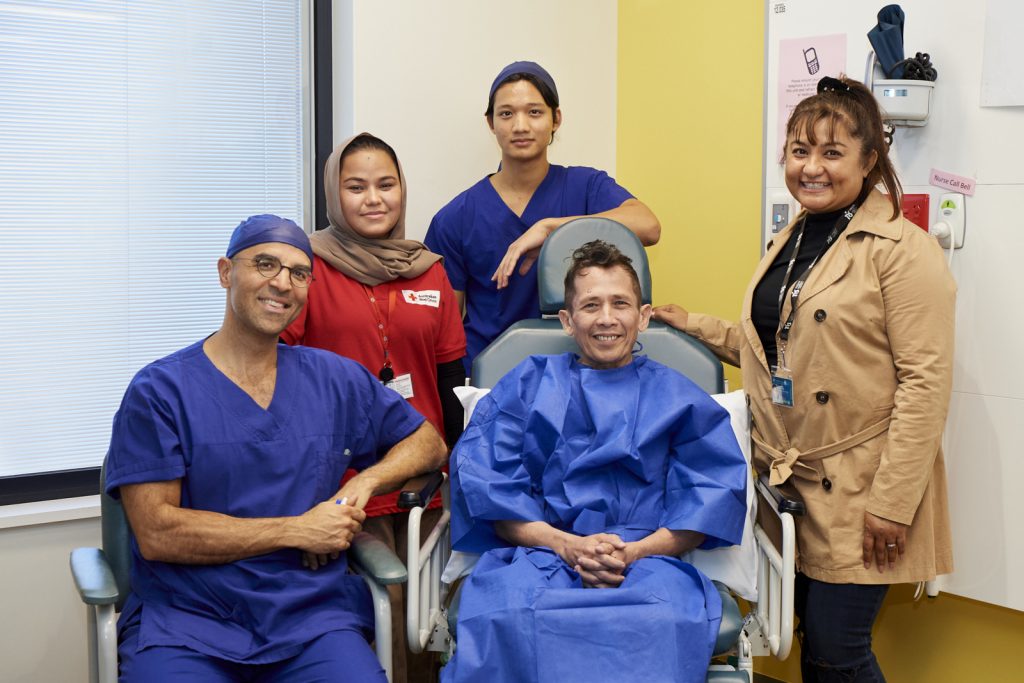
Pictured (L-R): Associate Professor Hessom Razavi, Red Cross caseworker Sabi, nurse Blessing, patient Ricky and translator Malvina














